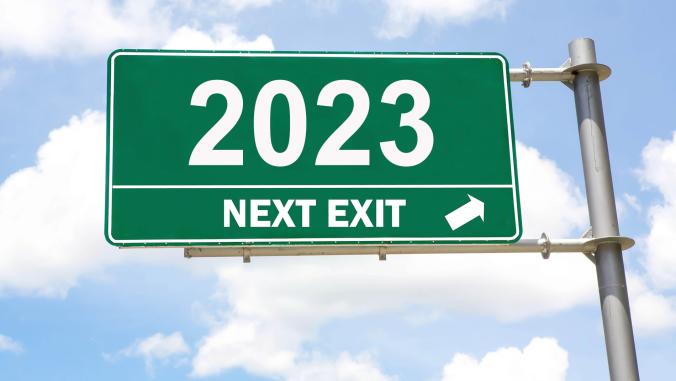From dark corners and blind spots, climate action needs sunshine
It's critical for companies to "show up, stand up and speak up."

Are corporations ready for a closeup?
This article is drawn from the GreenBuzz newsletter from GreenBiz, running Mondays.
I’ve been to the movies twice over the past week. Not to see the latest summer blockbusters; I’ll catch them on video over the holidays. The two films I saw were both small, indie projects — very different, although not unrelated.
First up was “Blindspotting,” which is all the rage in my hometown of Oakland, California, because it was filmed here and was written and directed by and stars two local talents: Daveed Diggs and Rafael Casal, themselves lifelong friends who spent nearly a decade getting the film made.
The movie portrays two young men in the hardscrabble ‘hood, trying to get through life during a time of social and economic upheaval. It deals with some uncomfortable issues — gentrification, white privilege, economic inequality, racism — but it’s a powerhouse film that’s variously farcical, satiric, poignant and tragic.
It’s the meaning behind the title that I found revelatory.
"Blindspotting" refers to a situation or image that can be interpreted in two ways, but for which you see only one interpretation. That is, you have a blind spot to the second interpretation. In the movie, changing surroundings and circumstances shift how the co-stars are seen, both by others and themselves, with both funny and not-so-funny outcomes.Business is in the Klieg lights.
The second film I saw, "Dark Money," is a documentary about the influence of untraceable corporate money on U.S. elections and elected officials, and the threat it poses to democracy.
It’s an engrossing story, centered in Montana of all places. (Turns out Montana is a beacon of hope for transparency in political funding. Who knew?) The movie begins at the open pit mine once operated by the Anaconda Copper Mining Co. It's now a Superfund site that is also a symbol of the toxic influence of money in politics, especially when the source of the funding and its political agenda are hidden or misleading.
Environmental issues are rife with dark money — on both sides. A 2017 book, "Captured: The Corporate Infiltration of American Democracy," by Sen. Sheldon Whitehouse (D-R.I.), documents how climate action in the United States has been thwarted by a flood of funds whose origins do not have to be disclosed. Similarly, conservatives rail against the "climate-industrial complex" and the hidden money and agendas of the political Left.
Let’s not quibble over which side is more insidious or less transparent. Playing the blame game blinds us to the bigger picture: the opportunity for companies — and all of us — to become visible advocates to advance climate policy.
It's an uphill battle, to be sure. A modest carbon tax, introduced earlier this month by two House Republicans, would have provided $700 billion for infrastructure by taxing coal and natural gas emissions. It was soundly rejected by 97 percent of Republicans. But last week, 34 major companies, including BP America, General Motors and Shell, wrote a letter (PDF) to one of the bill’s sponsors, thanking him for introducing the bill, although they did not endorse it outright.Citizens are looking for corporate leaders who can be a positive force for change.
That’s a start. What’s needed is more full-throated corporate advocacy on behalf of environmental action in general and climate action in particular — "a holistic reboot of public policy to assure a sustainable future for companies and society," wrote Coro Strandberg. "The only way for governments to succeed at this task is with the support and involvement of industry allies."
She’s right, and it’s a critical moment. The hyperconnected world is becoming increasingly activist, with citizens taking on economic inequality, human rights, climate change, women’s empowerment and a host of other pressing issues.
And business is in the Klieg lights. In recent months, we've seen myriad headlines featuring companies and their leaders connected to contentious social issues, in both positive and negative ways. Citizens are looking for corporate leaders who can be a positive force for change.
Simply put, there’s a hunger for heroes.
It’s time for corporate money and voices to come out of the darkness and into the sunshine — for companies to show up, stand up and speak up for sustainability in all its many facets. And, in the process, to open our eyes to the power of business to step in where governments fear or fail to tread.





